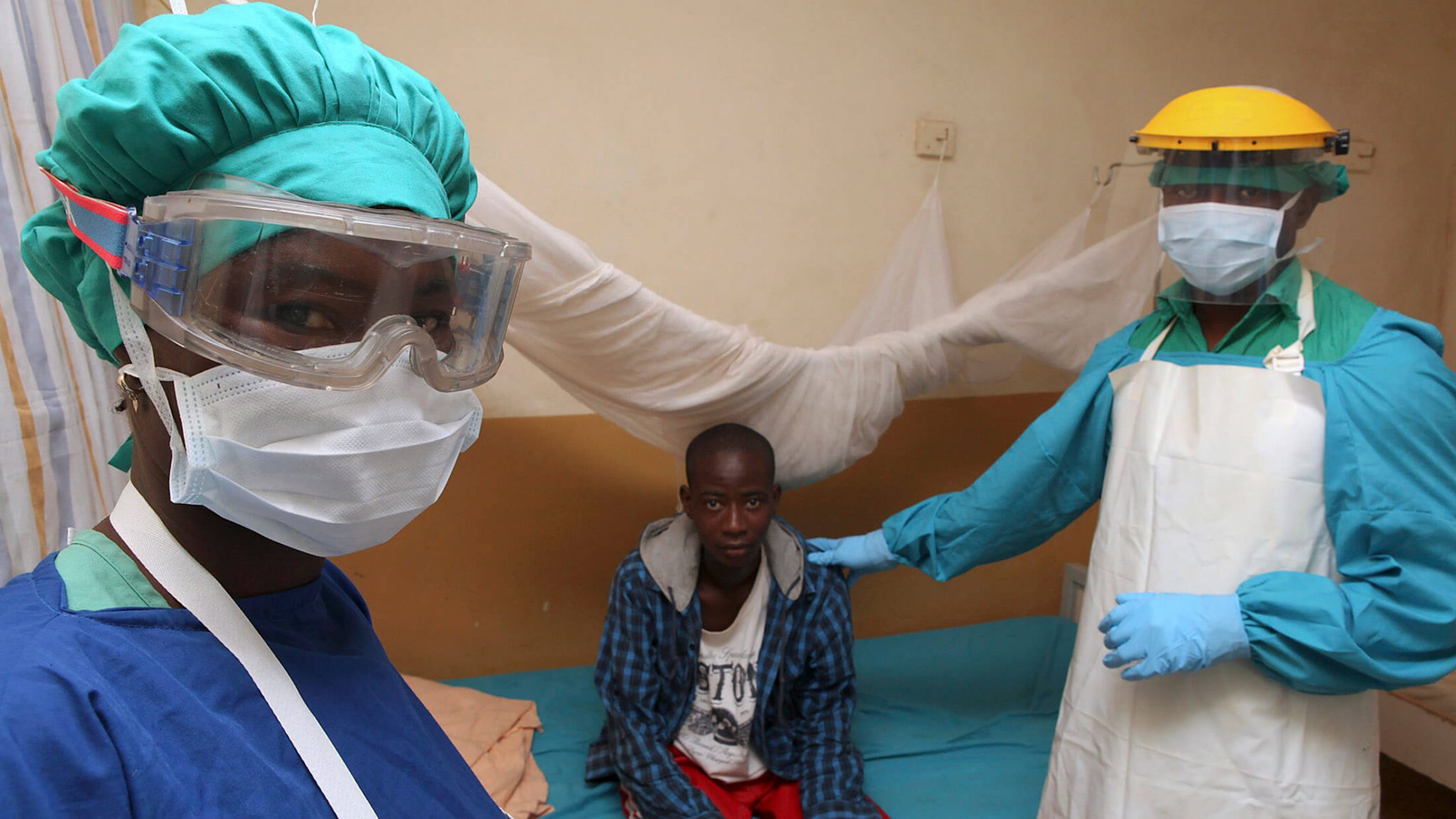One Health Worker Among 11 New Lassa Fever Cases

The Nigeria Centre for Disease Control and Prevention (NCDC) has confirmed 11 new Lassa fever cases in its latest epidemiological report.
The report, released on Tuesday, said the new cases were reported in Edo, Ondo, Bauchi and Taraba States. It added that one health worker from Osun was infected.
It also revealed that the cumulative death toll has risen to 143 this year. The NCDC confirmed a Case Fatality Rate (CFR) of 18.9 per cent, surpassing the 17.8 per cent CFR recorded during the same period in 2024.
“This year’s CFR is concerning as it indicates a higher fatality rate among confirmed cases compared to previous years,” the NCDC stated.
In total, 18 states have reported at least one confirmed case across 96 Local Government Areas (LGAs). Ondo, Bauchi, Edo, Taraba, and Ebonyi states account for 90 per cent of the cases, with Ondo alone reporting 31 percent.
The affected age group predominantly falls between 21 and 30 years, with a male-to-female ratio of 1:0.8.
“While cases have generally decreased compared to 2024, one new healthcare worker was infected in the latest reporting week,” the report said.
Lassa fever is an acute viral haemorrhagic fever caused by the Lassa virus, transmitted through contact with infected rodents or human bodily fluids.
The centre highlighted the need for sustainable public awareness, proper hygiene practices, and community engagement to prevent further spread, especially in high-risk areas. It added that it has activated a multi-partner Incident Management System to address the outbreak.
“Efforts include enhanced surveillance, clinician training in hotspot LGAs, and the integration of Lassa fever risk communication into broader public health strategies,”, it said.
The Director-General of the NCDC, Dr. Jide Idris, emphasised the importance of early case presentation noting that late presentation remains a significant challenge, contributing to the high CFR.
NCDC further reiterated that key interventions include the distribution of response commodities such as personal protective equipment (PPE), Ribavirin, and hygiene materials to states and treatment centres.
It said that healthcare workers have been trained in case management in Bauchi, Ebonyi, and Benue States with support from the World Health Organization (WHO). Despite these efforts.
NCDC also highlighted several challenges, including poor health-seeking behaviour, inadequate environmental sanitation, and low awareness in high-burden communities. “The cost of treatment and limited access to healthcare remain barriers for many patients,” Idris said.
NCDC reaffirmed that it would continue to enhance surveillance, support state-level response effort, and strengthen risk communication to protect public health.
It urged the public to continue to maintain personal hygiene, avoid contact with rodents, and seek immediate medical attention when symptoms arise.
One Health Worker Among 11 New Lassa Fever Cases is first published on The Whistler Newspaper





